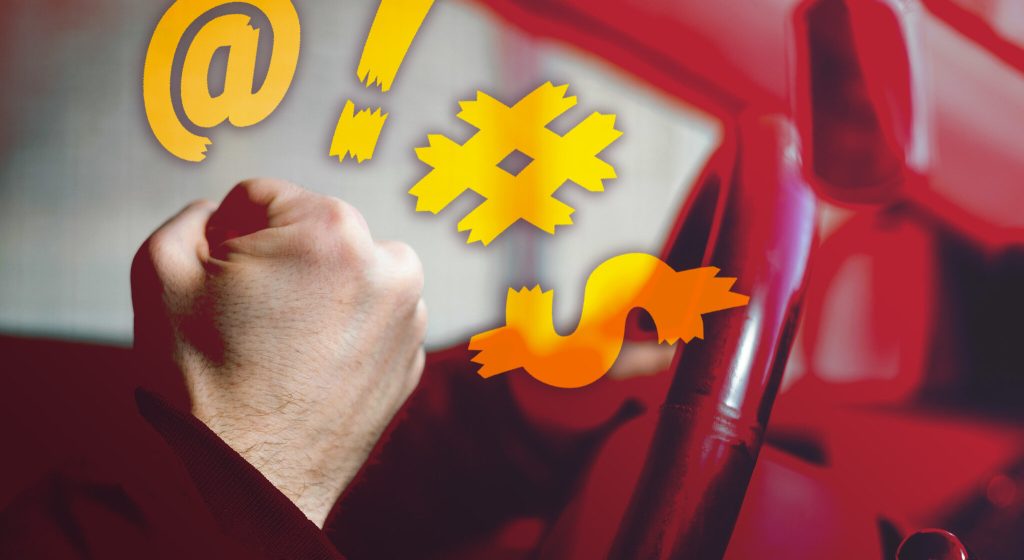
INDIANA – Road rage, impaired driving behavior, and ignoring road safety are serious issues. A new survey by Compare the Market AU reveals that almost 60% (57.8%) of Americans have experienced road rage in some fashion.

The figures reveal that almost one in five (18.5%) were direct victims of road rage, while 37.5% of all respondents said they had witnessed a road rage incident. Over one in ten Americans surveyed said they had been a perpetrator of road rage themselves (16.9%), while 42.2% of respondents said they had never experienced or observed it in any way.
The data showed an interesting trend: Gen Z and Millennials were more likely to have experienced road rage in some capacity than Gen X and Baby Boomers, despite older respondents having more experience and time on the road.
When asked which behaviors frustrate them the most, tailgating was listed as the number one bad behavior, followed by getting cut off in traffic and seeing other drivers on the phone.
| What behaviors frustrate you the most? | Americans |
| Tailgating | 63.5% |
| Getting cut off in traffic | 62.5% |
| Seeing someone on their phone while driving | 56.3% |
| Running red lights/stop signs | 53.9% |
| Merging into a lane when there is not sufficient space | 50.3% |
| Unnecessary high beam use | 48.0% |
| Constantly changing lanes | 46.2% |
| Speeding | 45.4% |
| Slow drivers | 45.1% |
| Indicating incorrectly or not at all | 43.7% |
| Bad parking | 34.9% |
When asked about their behavior, most people say they are safe drivers, with only 39.3% of respondents admitting to regularly doing something considered dangerous or rude. The most commonly admitted bad habits were:
- Not always giving way to other road users trying to merge (13.6%)
- Using a mobile phone while driving (13.0%)
- Sticking to fast lanes even when not overtaking (12.7%)
- Not always indicating correctly (11.4%)
- Quickly swerving between lanes (7.3%)
Compare the Market’s data also looked into the decline of the ‘thank you’ wave. Civility on the road can easily be given with a friendly wave of thanks, and 73.0% of Americans say they always offer a wave when other road users give way to them. When asked how they feel when others do so, 90.6% said they appreciate it.
When the data was broken down further, women were more likely than men to either always wave or never wave, while men were more likely to wave only on occasion.
| Do you wave ‘thank you’ when others let you pass? | Men | Women |
| Always | 66.4% | 79.2% |
| Sometimes | 31.7% | 17.7% |
| Never | 1.9% | 3.1% |
Market’s Executive General Manager of General Insurance, Adrian Taylor, explains that reckless and dangerous drivers could endanger lives, get drivers into trouble with law enforcement, and impact the cost of a driver’s car insurance policy.
“Car insurance companies use all the data they can to assess risk. If you have a bad driving record, this could see your car insurance premiums increase. When your policy renews, an insurer may even decline to offer you cover,” Taylor says. “Additionally, if you were doing something illegal or dangerous at the time of an incident because you were engaged in road rage, you could be completely liable, but your claim could be declined. This means you would have to pay all the damages and costs yourself out of pocket.
If you are a road user, it’s important always to remain calm and treat other drivers with the same courtesy that you would expect in return. Reducing road rage incidents is one way to work towards safer roads with fewer incidents.



